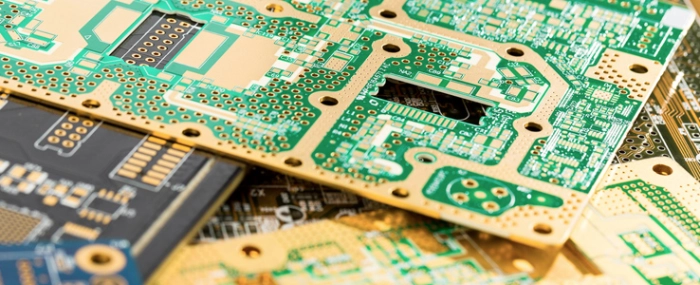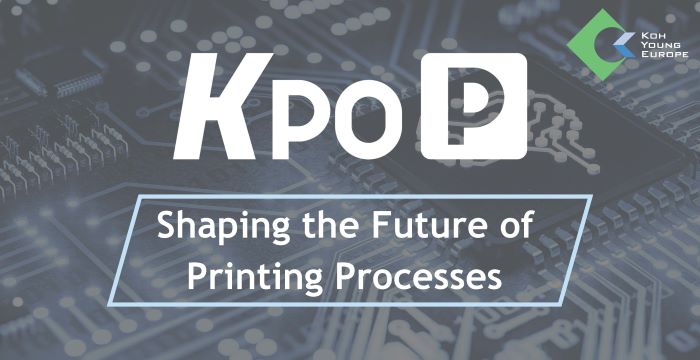
The European PCB industry is in jeopardy
The printed circuit board (PCB) is the building block for electronics systems providing electrical connection and physical structure to electronic systems with additional optical interconnect and thermal management.
The PCB is ubiquitous and an integral part of nearly all electronic products. In 2023, the global PCB market was estimated at USD 87 billion, with over 90% being produced in Asia.
For many years, Asian PCB manufacturers have outcompeted and outpaced European production. It has already been established that the primary drivers were price competitiveness and a significant outsourcing tsunami sweeping the entire electronics sector. Since the early 2000s and the dotcom crash, PCB production has been steadily migrating from Europe and North America to Asia.
In 2000, Europe's domestic PCB manufacturing accounted for 16% of the global total; by 2022, this figure had dropped to 2.3%. At the same time, the number of European PCB manufacturers fell from 555 to around 180, with the top 20 European manufacturers accounting for 60% of total production value, as pointed out by the EIPC, the European Institute for the PCB Community.
For this very reason, Evertiq has invited Alun Morgan, President of EIPC, to participate as a keynote speaker at the Evertiq Expo in Berlin, Germany on June 20, 2024, to paint a clearer picture of the industry, and where we currently are heading.
The decline in European PCB production has also had a domino effect on the base materials supply chain – with the number of full-scale PCB base material manufacturers falling from over 20 in the 1980s to only two today. The supply chain for base material manufacturing has also been critically affected with the loss of the entire electronics glass fabric manufacturing sector, the reduction of copper foil manufacturing facilities to a single surviving site, and the elimination of all volume epoxy resin manufacturing capability. The supply chain for all of these major raw materials, required for PCB production, currently begins in Asia.
The EIPC points out that the European PCB industry is especially disadvantaged compared to its Asian and North American competitors with high energy costs. PCB makers are concerned about the ramifications of ongoing high energy prices, believing that without internationally competitive energy costs, the number of European PCB producers will shrink further.
European PCB manufacture supplies several end markets, the largest of which is industrial electronics, accounting for around 45% of the total, followed by automotive, accounting for approximately 15%. High-reliability medical electronics is also strongly represented.
EIPC highlights that aerospace and defence together account for approximately 12% of European PCB production, with a value of approximately EUR 200 million per year. However, it should also be noted that this plays an important role in underpinning the strategically important European aerospace and defence industry, which supports a total turnover of EUR 578 billion and a total employment of 3.57 million – including direct, indirect, and induced jobs.
There are initiatives in place to support the European semiconductor industry – such as the European Chips Act and the UK National Semiconductor Strategy. Both play an important role in revitalising domestic production – however, chips require interconnection with other components via PCBs, which are mostly built outside of Europe. If Europe truly wants to have “technological sovereignty” as a whole, PCBs are a necessary and fundamental element in this and need support.
Critical strategic defence sourcing inside Europe could be at risk if the European PCB manufacturing base continues to decline. This would result in a higher dependency on imported PCB and the very real possibility that domestic manufacturing would not be able to fulfil the demand for the defence and aerospace sector. The risk that defence procurement departments may have to share confidential design data and IP with non-European companies arises from a forced reliance on sourcing from outside of Europe.
Given the current trajectory of the European PCB industry, Evertiq has invited Alun Morgan, President of EIPC, to participate as a keynote speaker at the Evertiq Expo in Berlin, Germany on June 20, 2024, to talk about dire situation that the industry faces.
In his presentation, he will review macroeconomics highlighting current and upcoming global risk factors before focusing on the European PCB market and trends. European Purchasing Managers' Indices will be discussed along with technology and market trends before concluding with global and European business outlook.


